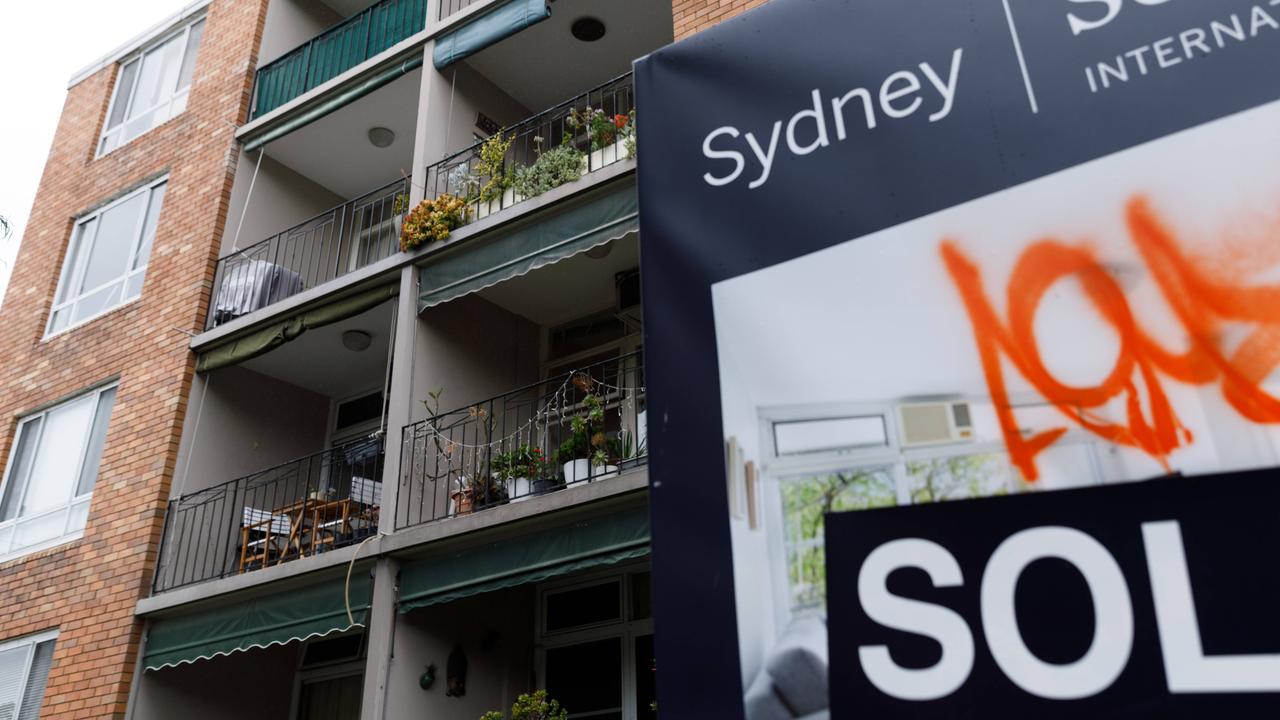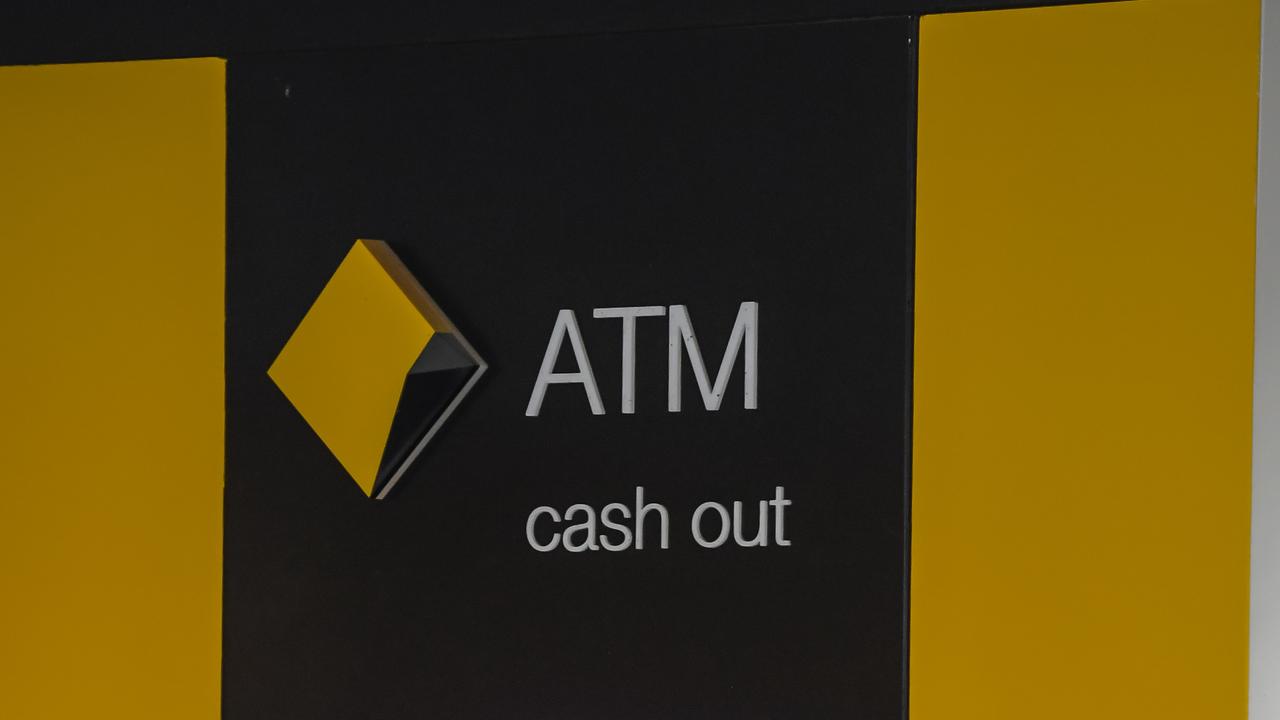‘$12,000 for nothing’: Calls to crack down on digital ‘charlatans’ fleecing Aussie businesses
A huge number of Aussies are being fleeced out of thousands of dollars by “charlatans”, and experts say the problem is only growing.

A huge number of Australian businesses are being fleeced by dodgy digital operators, who largely escape punishment because chasing them is too much of a “headache”.
Small Business Ombudsman Kate Carnell and other industry leaders are calling for tougher regulation in the digital marketing industry – which has been likened to the “wild west” populated by repeat offenders – including via a mandatory code of conduct similar to the one between supermarkets and dairy producers.
Ms Carnell is urging the Australian Competition and Consumer Commission (ACCC) to examine predatory practices in the industry, in response to a wave of horror stories amid the explosion in e-commerce during the COVID-19 pandemic.
Sarah Hadgkiss, founder of luxury sleepwear brand Aruke, has been stung multiple times.
In one case, she paid a US-based woman $US4200 ($A5330) over six weeks to run all of her social media including Pinterest, Facebook and Instagram.
“In that six-week period I actually got no sales,” Ms Hadgkiss said. “At the end of it she said, ‘Can you still please leave me a five-star review?’ I just closed the book and moved on.”
Her second experience was with a local digital marketing agency, which also had scores of five-star reviews online but again produced “zero results”.
The company was hired to provide search engine optimisation (SEO) and Google advertising support for Ms Hadgkiss’ fledgling brand.
Weeks went by with no sales, but she was provided a series of “useless” reports on audience demographics.
“I asked why there wasn’t any tangible information, and what we can expect moving forward, but I didn’t really get a response,” she said.
But when she started to search for her own keywords online to see what she was paying for, she says she was told “do not Google your own ads, you’ll hurt the ads”.
Ms Hadgkiss cancelled her contract and asked for a refund, but the company refused.
She considered “taking it further”, but she had just had a baby. “Although I would have wanted to, it’s just another extra thing I’d have to carry,” she said.
“That’s why they get away with things – people just think, ‘What a headache.’”

Oscar de Vries, founder of online men’s grooming company Oscar Razor, has also been stung for thousands of dollars in separate incidents.
“One local guy (was charging) $2000 to build a website,” he said.
“I paid half the money. It should have been a giveaway when he asked me to pay him with Western Union when he’s working in Byron Bay.”
The man never produced any work for the payment.
When Mr de Vries looked into him, it “turned out he was touring the world on a surfing tour” and was funding his travels by fleecing businesses.
“Any time you get involved with somebody like a freelancer or contractor, you’ve got to do your research,” he said. “It doesn’t matter how convincing they are, google them, but also look at some of their work.”
Ms Carnell in 2019 called for small businesses to share their SEO horror stories in an effort to convince the ACCC to take a closer look at the industry.
But it’s understood the effort petered out as too few came forward.
Sagar Sethi, founder of Melbourne digital advertising agency Xugar, says the scale of the problem was “much bigger” than people understand because so few businesses are willing to make a complaint or take action.
“We hear similar stories at least twice a day, that’s how bad it’s become,” he said.
“Digital marketing is still the wild, wild west.”
Mr Sethi said the worst example he had seen was a few months ago.
“One of the biggest companies in Melbourne was running an SEO campaign for one of our clients now,” he said.
“The company doing the SEO didn’t even know (the client’s website) had been hacked – when people clicked on the website all they got was dodgy images.”
Another small business client had paid an agency more than $1000 per month for an entire year, with no effect on their Google search rankings.
“More than $12,000 for nothing,” Mr Sethi said.
He argues the biggest change that’s required is for more transparency “from day one” in any contract. That means rather than making lofty, vague promises about sales outcomes, the company providing the service should instead clearly outline what actions it will take.
“We break it down into monthly or fortnightly deliverables,” Mr Sethi said.
“We tell (clients), ‘We’re not promising you sales. You’re paying us to do the effort, not to magically convert your business into a money-printing machine.’”

Ms Carnell said the digital marketing industry in Australia was rife with “some real charlatans” who hoodwink businesses with unrealistic promises and unfair contracts.
She said her office or their state-based counterparts dealt with “a really small number” of such cases and could “put a bit of pressure” on the companies to force them into mediation, but “I think most of them just pay”.
“The courts aren’t an option because the amounts of money aren’t really big enough to warrant a court case, so mostly these entities just get away with outlandish promises that are not delivered on,” she said.
“The ACCC can go after these companies if they’re engaging in misleading and deceptive conduct, and they probably are, the problem is getting enough evidence.”
The watchdog has the capacity to take about 25 cases per year to court, and the problem in the digital marketing and SEO space is “systemic”.
“It’s not just one bad player, there’s a whole heap of charlatans in this space,” she said.
That’s why the Small Business Ombudsman wants a mandatory code of conduct for the industry that includes an arbitration power, rather than just mediation – which only works when both parties agree.
“The Dairy Code has an arbitration capacity, as does the Food and Grocery Code,” Ms Carnell said. “(It gives us) more teeth.”
Ms Carnell said her office was having “early” discussions with the ACCC and “a range of the players in the space”.
She said the watchdog “hasn’t moved as fast as I would like it to” but to “be fair they have had one or two things on their plate”.
It’s “certainly on the agenda” this year and she is hopeful some sort of code will be introduced within one to two years.
“That’s what we’d like to see – two years is plenty,” she said.
“These things do take time, there needs to be consultations and also the ACCC and government more broadly need to be confident there’s a need – but I think the reality is its becoming more obvious by the moment.”
In a statement, a spokesman for the ACCC noted that its Digital Platforms Inquiry final report handed down in July 2019 “recommended the creation of a digital platforms ombudsman scheme to address complaints and disputes with digital platform providers”.
He highlighted the Australian government’s response to the inquiry in December of that year, which indicated that “the government will evaluate the effectiveness of the (ombudsman) pilot scheme, subsequent industry-led developments and the outcomes of the ACCC’s inquiry into ad tech services and online advertising agencies to the extent that they relate to the impact of advertising on small business”.
“Taking these matters into account, the government will consider the merit of establishing a Digital Platforms Ombudsman on an ongoing basis, and the case for further regulatory intervention,” the government said at the time.
The ACCC spokesman added that the regulator’s current Ad Tech Inquiry had received submissions from the Small Business Ombudsman on this issue “and continues to consider them”.
“However we note that search advertising is outside the scope of this inquiry,” he said.
Mr de Vries, however, is not in favour of more regulation.
He believes it’s a case of buyer beware.
“We’re all grown ups,” he said. “When you go into business it comes with risk, if you don’t accept that you'll never go into business. You’ve got to be aware, just like when you cross the street.”




